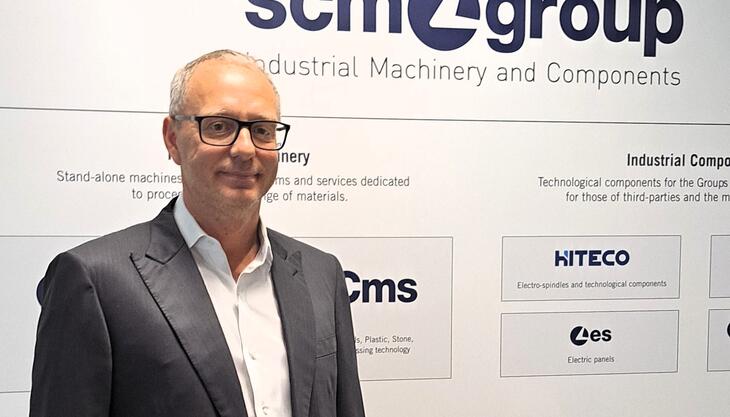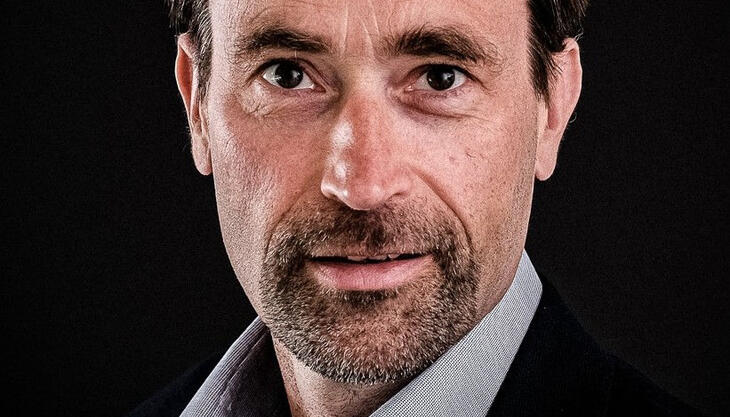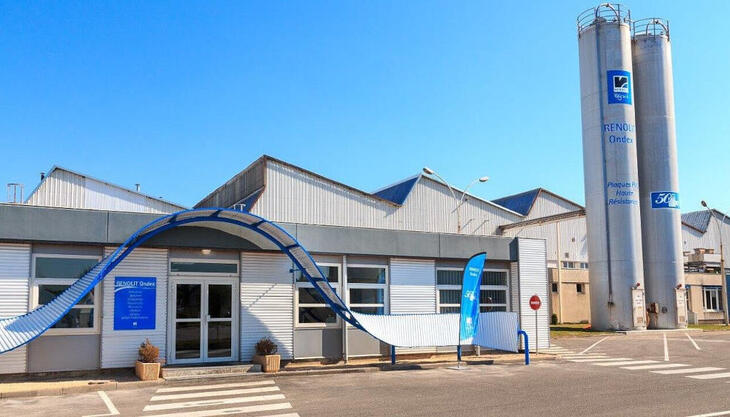Flexibility to compete on volatile markets
In 2013, Bosch recorded a nominal 3.7% increase in orders to reach a total of 5.7 billion euros. In order to tackle the new conditions on the markets, which continue to be volatile, the company today can rely on a more structured regional organization, focusing particularly on the technical solutions that take global trends into account.
These, in brief, were the main topics illustrated during the annual press conference. Held in Frankfurt, it provided the company's president Karl Tragl with an opportunity to underline the market growth recorded in 2013, especially in Asia. Positive signals predominated in North and South America, too, even though, in 2013, they were offset by exchange rate fluctuations. According to forecasts, the company's turnover in America and the Asia-Pacific region should continue to grow in the long term, whereas Europe looks set to record a slower trend. Given that this is where Bosch Rexroth generates almost 60% of its turnover, the stagnation of the European market is holding back the company's commercial development strategy. However, it will not slow down its development of innovative solutions for the drive and control of industrial plants, or stop it from increasing its presence on the world's growing markets or pursuing a more balanced division of its turnover between the different countries.
Current trends notwithstanding, Bosch Rexroth kept its investment in research and development at the same levels as the previous year, and at the last Hannover fair presented itself, for the first time, as a supplier of sophisticated high-tech systems. The main areas of its research and development activity include machine safety and industry 4.0 initiatives.
"The 2013 orders give us reason to be optimistic. In previous years, we have recorded remarkable growth while having to withstand equally strong market downturns. We are used to the idea that we will have live with increased market volatility in the future," remarked Karl Tragl. Bosch Rexroth will therefore control, globally, all the production processes and procedures, as well as indirect functions, in a bid to increase flexibility and boost productivity. "We will be seeking to structurally adapt our regional capacities to growth prospects. In this way we will be able to go on achieving effective global growth," concluded Karl Trag.



















